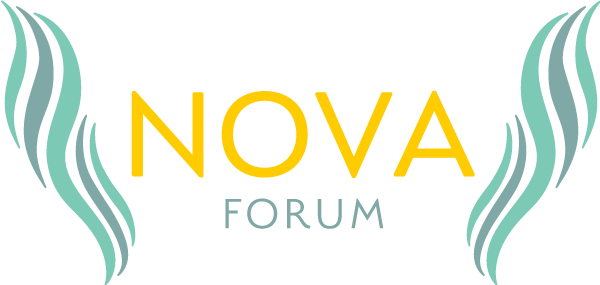An online lecture featuring historian Patrick Geary, Prof. Emeritus, Institute for Advanced Study, that is free and open to the public.
Via Zoom by the Lumen Christi Institute
The physical remains of saints are often referred to as pignora, that is, as security deposits or pledges of the continued concern that the saints, although in heaven, continue to show for those who venerate them. This lecture will discuss the origin of the cult of relics, the process by which these cults, originally concentrated on the tombs of saints, became mobile, and how the veneration of saints led to the dismemberment of saints’ bodies and the distribution of relics throughout Christendom. It will also consider the resulting anxieties about relics’ authenticity, the efforts to control and regulate the cult of relics, and the competition that relics have received from other types of sacred or sanctified objects.
Patrick Geary is Emeritus Professor of Medieval History at the Institute for Advanced Study. He received his AB from Spring Hill College, studied at the Catholic University of Louvain, and obtained his PhD from Yale University. He has taught at Princeton University, the University of Florida, University of Notre Dame, and UCLA and has held visiting professorships in Iceland, Hungary, Austria, France, and the United States. He is former director of the Notre Dame Medieval Institute and the UCLA Center for Medieval and Renaissance Studies. Among his books are Furta Sacra: Thefts of Relics in the Central Middle Ages; Before France and Germany: The Creation and Transformation of the Merovingian World; Living with the Dead in the Middle Ages; Phantoms of Remembrance: Memory and Oblivion at the end of the first Millennium; The Myth of Nations: The Medieval Origins of Europe; Women at the Beginning: Origin Myths from the Amazons to the Virgin Mary; Writing History: Identity, Conflict and Memory in the Middle Ages; and Language and Power in the Early Middle Ages.

